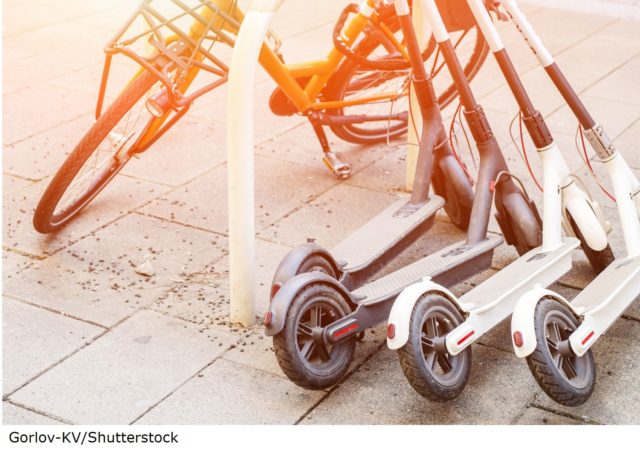As our understanding of mobility changes, small electrical and electronic vehicles such as e-scooters and hoverboards are gaining ground. The EU market is a growing business field for producers all over the world.
Considering e-scooters and hoverboards need electricity to function, the question that arises is whether they are subject to requirements under the EU-WEEE-directive 2012/19/EU. The fact that the directive stipulates an exclusion for two-wheel vehicles that are “type approved” complicates the situation even more.
However, regardless of whether the e-scooter or hoverboard are subject to the WEEE obligations in a specific EU country or not, fact remains that their accumulators are within the scope of the EU Battery Directive 2006/66/EU.
At the beginning of 2019, Germany initiated a draft ordinance on the participation of very small electric vehicles in road traffic (eKFV) and that would ultimately permit the licensing of e-scooters with a maximum speed of 12km/h to 20 km/h. However, the draft does not include hoverboards yet; the BMIV is looking into this issue and evaluating their potential licensing.
We remain at your disposal to clarify compliance queries you may have in the various EU member states.

